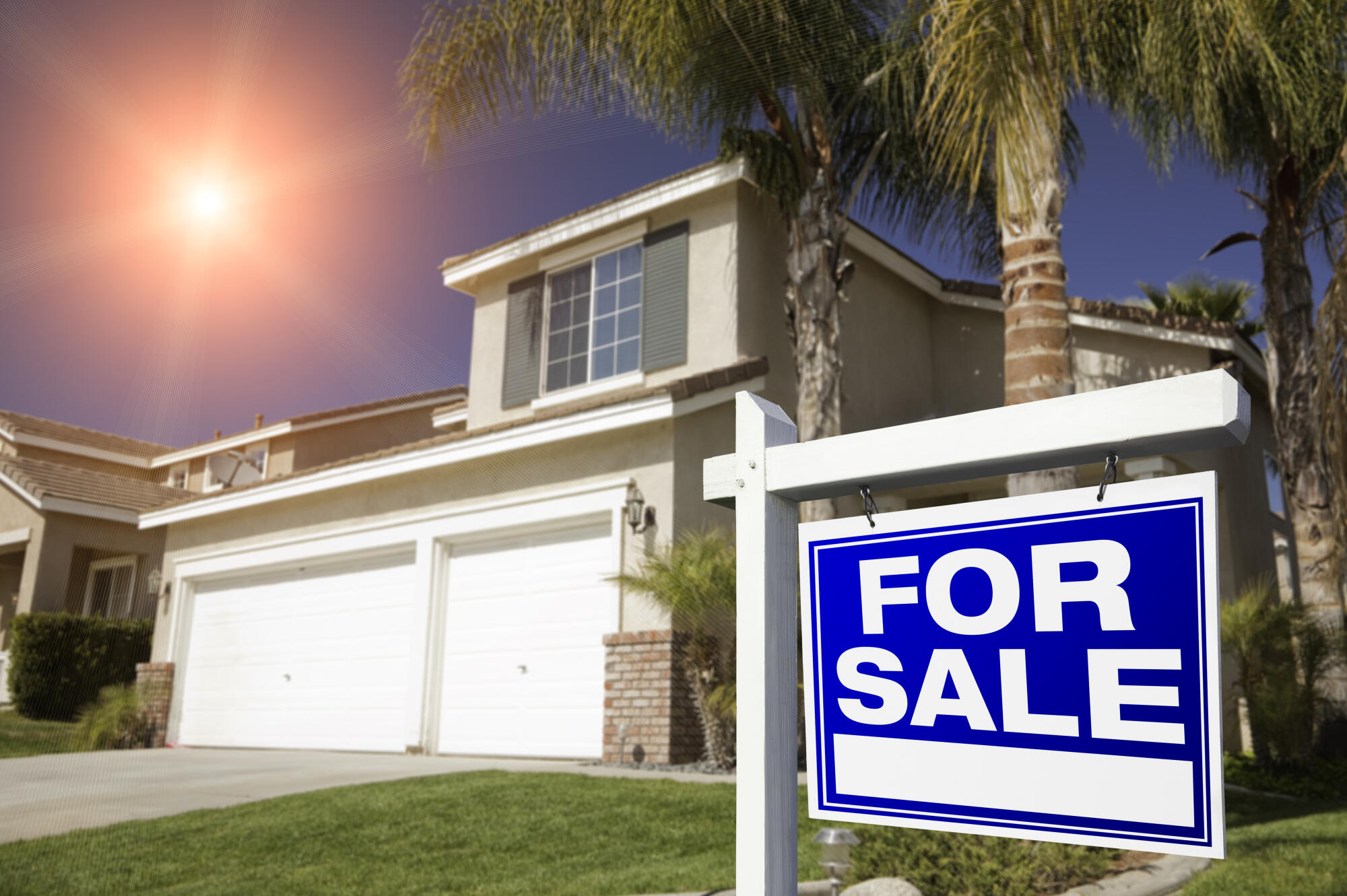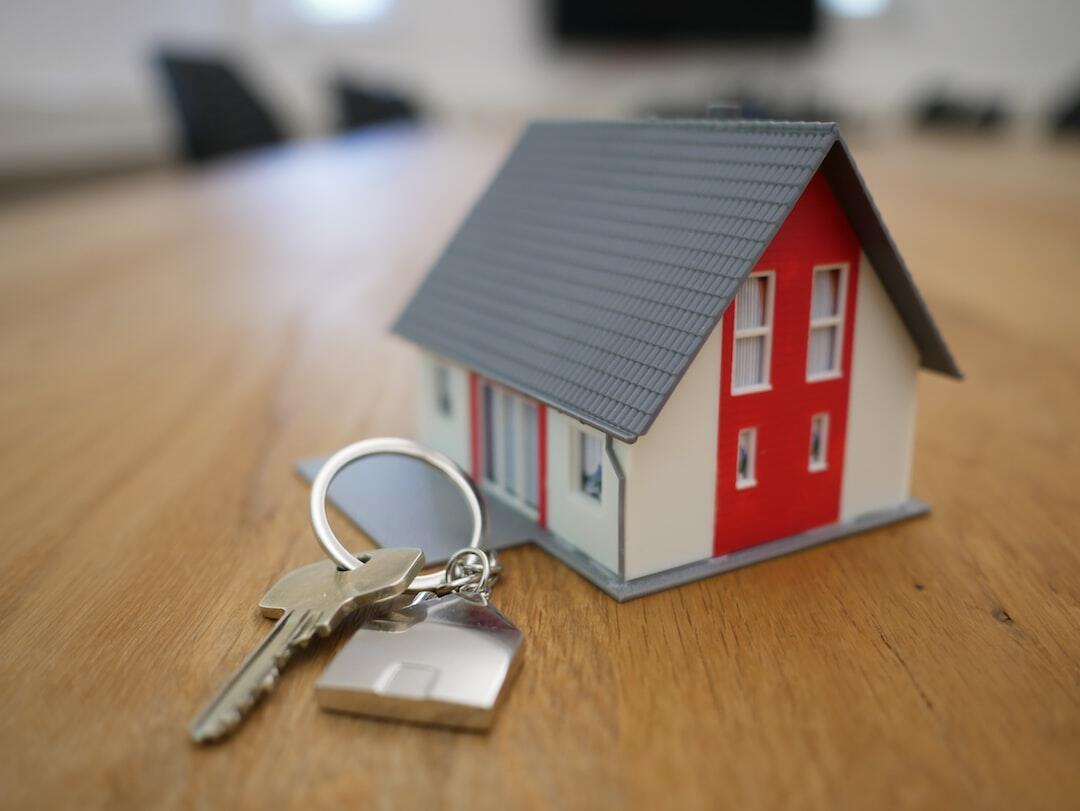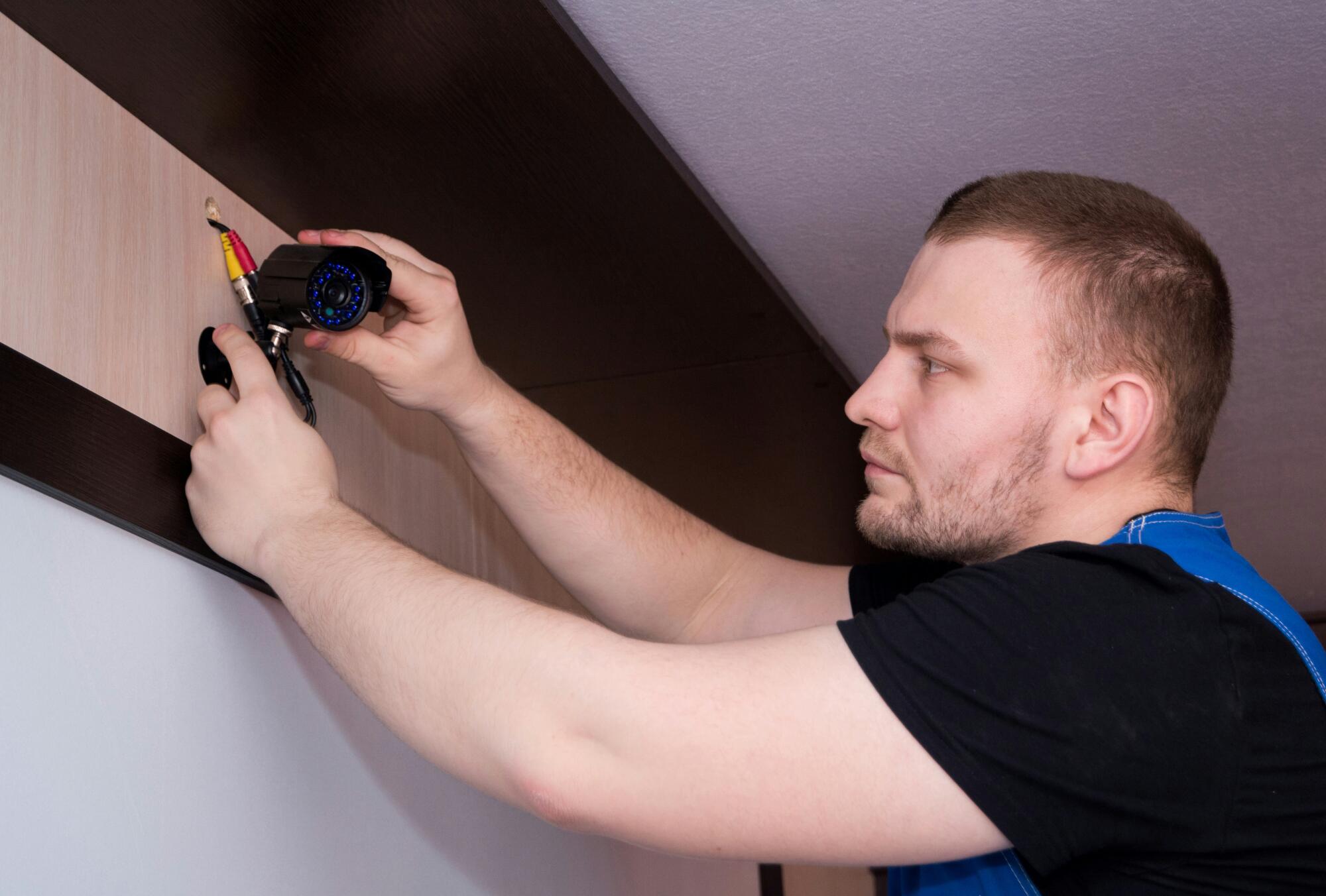A 2023 survey revealed a nationwide housing shortage, with nearly 4 million missing homes, a 3% jump from the previous years. This shortage puts pressure on developers and buyers, making some to overlook crucial steps like a foundation inspection. Remember, while your home is a great investment, its foundation is what ensures a safe and stable living environment.
Foundations can deteriorate over time due to a wide range of factors. If these problems go unchecked, they can worsen, leading to expensive repairs. Here are six signs that suggest your home might need a foundation inspection.
1. Cracked Walls and Floors
Cracks on your walls and floors can be unsettling, and for good reason. They might be a sign of foundation problems. Hairline cracks (less than 1/8 inch wide) are normal settling and usually nothing to worry about.
However, larger cracks, especially those that are diagonal or stair-step shaped, can indicate foundation movement. Pay close attention to cracks that appear around the doorways and windows. These areas are particularly sensitive to foundation shifts.
As part of the structural inspection tips, you should also check if the cracks are getting bigger. By bigger, we mean the foundation issues may be urgent and severe. Bigger cracks are a red flag. Small cracks might be normal settling.
On the other hand, growing cracks indicate ongoing movement. So regularly inspect the crack size to prevent foundation problems early before they become more serious. You wouldn’t want the building to collapse and force you to pay for expensive repairs.
2. Sticking Doors and Windows
Sticking doors and windows can happen for a few reasons and usually isn’t a major cause for concern unless accompanied by other foundation damage indicators. Changes in humidity can cause wood doors and frames to swell slightly, making them rub against each other. Similarly, normal wear and tear can cause hinges to loosen or shift, making doors and windows less aligned.
If you experience sticking along with other damage signs like uneven floors or widening cracks, then it could be a foundation issue. Doors and windows that suddenly become difficult to open or close smoothly can be frustrating. So pay attention to where the sticking is happening.
Check if the door or window rubs against the frame at the top, bottom, or sides. If this is the case, it might indicate the foundation is settling unevenly, causing the frame to twist or tilt. It may be challenging to lock or unlock your doors or windows because the frames are no longer aligned properly due to foundation movement.
Find out if the sticking issues worsen during certain seasons. For instance, these issues may worsen after heavy rain or hot weather periods. This could suggest that changes in moisture content around the foundation are causing home stability issues.
3. Water Leaks and Drainage Issues
Water can seep into the foundation and cause serious problems. Visible water leaks in your basement or crawl space are a major concern. They can weaken the foundation and create an environment for mold growth.
Cracks in the foundation itself can allow water to seep in and cause problems. This can happen, especially if the cracks appear near water sources like gutters or downspouts. Your drainage system might not work effectively if water pools around your foundation after rain.
A poor drainage system can put stress on the foundation and lead to leaks or cracks. Don’t wait to address water leaks or drainage issues. Schedule a foundation inspection to identify the source of the problem and get it fixed before it causes extensive damage.
4. Uneven Foundation Slabs
Get down low and closely examine your exposed foundation (the part visible around your basement or crawlspace). Look for dips, cracks, or areas that seem higher or lower than others. A spirit level can also help you check for any tilting.
Uneven floors inside your home can be another foundation repair warning. Walk around barefoot and feel for any dips or slopes. Pay close attention to transitions between rooms, doorways, and hallways, as these are common areas where settling might show.
A foundation that’s settling in an uneven manner can cause doors to stick or become difficult to open and close. This is because the door frames themselves may be shifting slightly due to the movement of the foundation. Uneven foundation slabs can result from poor soil conditions or water drainage issues.
5. Expansion Gaps Around the Foundation
The perimeter of your foundation should have expansion gaps to allow for slight movement due to temperature changes. However, these gaps should remain consistent in size. Over time, expansion gaps may develop small cracks.
If you notice these cracks getting wider, it could mean foundation movement. However, if some gaps are significantly wider than others, this could indicate uneven settling. Use a ruler to measure the width of the cracks and monitor them for any changes.
Expansion gaps should be consistent in size around the entire foundation. Cracks that resemble stairs along the foundation wall are a more serious sign of foundation problems. These cracks can indicate that the foundation is either sinking or heaving (pushing upwards).
6. Cabinet Separation
Cabinets securely fastened to walls are a good sign your foundation is stable. However, if they start to pull away, it could indicate movement in the foundation. Here’s what to look for:
- The top and bottom edges of your cabinets where they meet the wall
- If the alignment of your cabinets appears crooked or uneven
- Any cracks appearing around cabinet hinges, knobs, or pulls
Even small gaps between the cabinets and walls can indicate foundation issues. Crooked or uneven cabinet lines might indicate that the walls are shifting due to foundation movement. Cracks can stem from stress on the cabinets due to foundation movement.
Get a Foundation Inspection From Central Florida Building Inspectors
Ignoring signs of foundation problems can cause damage and lead to expensive repairs. A foundation inspection by a qualified professional can find and address issues early. It saves you time and money, giving you peace of mind.
Are you thinking of buying a home in Tampa, Ocala, Orlando, Volusia, or anywhere in Central Florida? Central Florida Building Inspectors offers trusted residential and commercial inspections.
Schedule your home construction inspection today to ensure a safe and secure investment.










